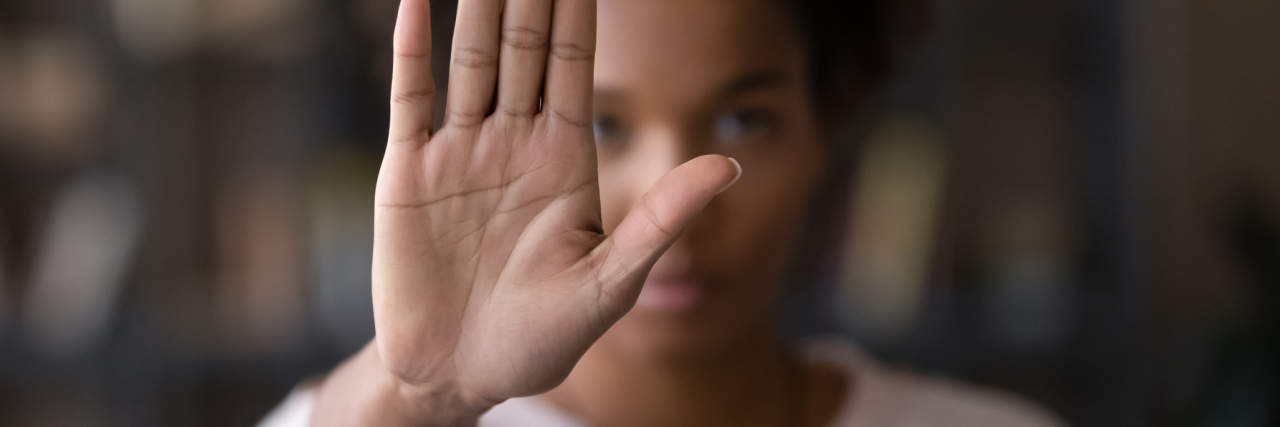8 Articles to Read Before Cutting Contact With an Abusive Parent
Editor's Note
If you’ve experienced domestic violence or emotional abuse, sexual abuse or assault, the following post could be potentially triggering.
You can contact The National Sexual Assault Telephone Hotline at 1-800-656-4673.
You can contact The National Domestic Violence Hotline online by selecting “chat now” or calling 1-800-799-7233.
You can also contact the Crisis Text Line by texting “START” to 741741.
Going no-contact with my abusive mother was simultaneously the easiest and hardest decision I’ve ever made, but I’m still so glad I made it. It’s allowed me to finally begin healing. However, I’m the first one to admit that it isn’t a decision to be taken lightly. I was filled with guilt, having been compared to my half-siblings who both chose limited (or no) contact with her. I wondered what my father would think if he was still alive, or if he was somehow judging or disagreeing with me in whatever afterlife may exist.
Aside from the understanding and support of my therapist, I’m so thankful I had the stories published on The Mighty to help me. That’s why I wanted to collect just a few of our biggest stories around the topic of limiting contact or simply interacting with abusive and toxic parents. It’s a minefield, but hopefully these stories help you find your way just as they helped me.
1. “So You’ve Decided to Limit Contact With a Parent. Here Are 5 Things You Should Know.” By Monika Sudakov
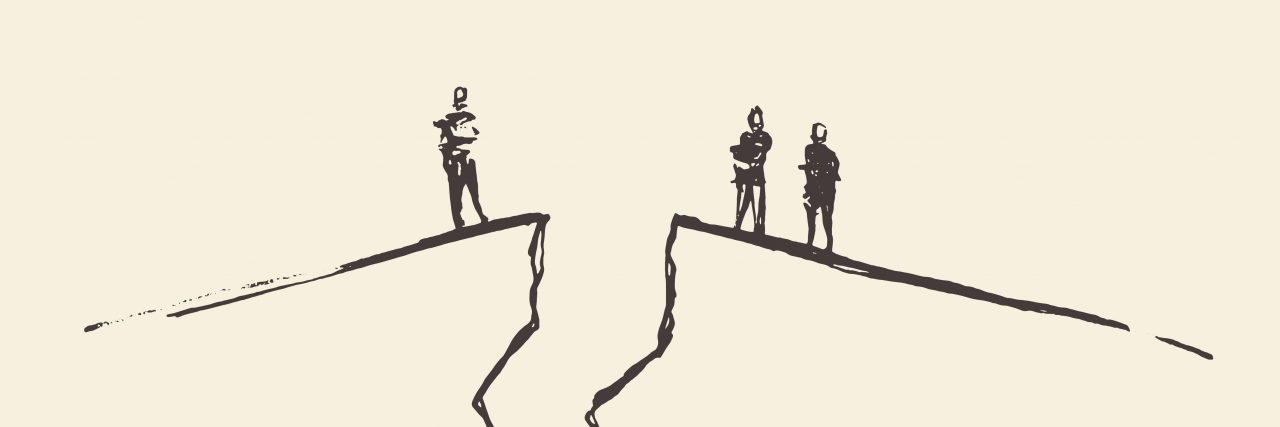
Monika’s excellent story describes the journey she went through in limiting contact with her abusive mother (but not cutting her off entirely). Not only that, she shares five important things you should know, such as the way people might react and how certain dates will change as a result.
2. “Why I Choose to Remain ‘No-Contact’ With My Abusive Mother” by Melissa T.

In Melissa’s story, she takes us through what happened to make her go no-contact with her mother, how she has managed, and offers some tips on how to manage each facet of the decision to go no-contact or limit contact.
3. “16 ‘Small,’ but Significant, Boundaries People Made With an Abusive Parent” by Juliette V.
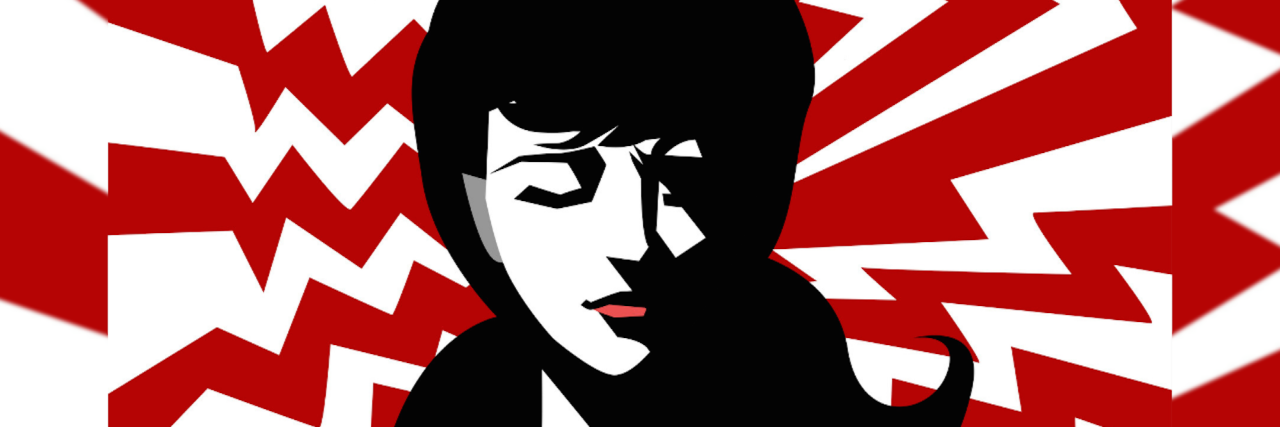
Ex-Mighty staffer Juliette shares the collected responses our community gave us when we asked them which “small but significant” boundaries they made with an abusive parent. If you’re worried and don’t know where to start, perhaps these responses will help you take the plunge.
4. “The Mental Health Impact of Cutting a Toxic Parent Out of Your Life” by Monika Sudakov
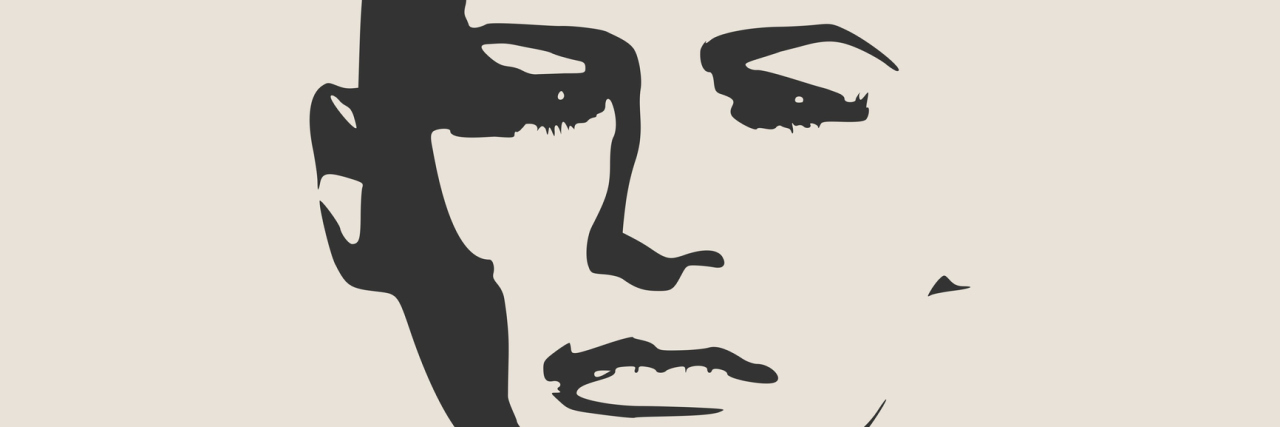
We don’t cut off contact with an abusive or toxic parent on a whim alone. It’s important to know the mental health impact of making this decision. If you’re on the fence, Monika’s second story on this list describes exactly that.
5. “I Don’t Have to Take Care of My Elderly Abusive Mother” by Autumn Knapp
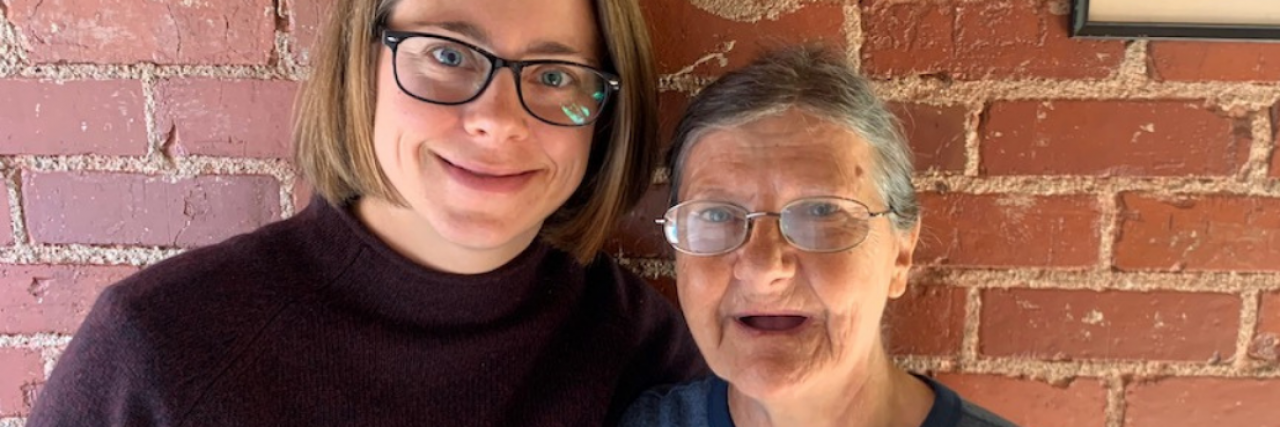
In this article, Autumn Knapp shares the extreme complexity of caregiving for an elderly parent who was abusive and ultimately, how she realized that nobody actually expects her to take care of her elderly mother. Those of us who make this decision may one day find ourselves in this same situation. Autumn’s article is ultimately essential in helping us figure out how to navigate it.
6. “5 Things Not to Say to Someone Who Is ‘No-Contact’ With an Abusive Parent” by Bridget Pendergraft

It can be difficult for some people to understand the decision to go no-contact with an abusive parent. That is, unless they have experienced it themselves. It’s important for people who may not understand to know what to say and not say. Sometimes, they may mean well. Other times, their words are tinged with judgment and ridicule. After all, it’s difficult to see outside of one’s own experience. If you’re making the decision to limit or cut contact with your abuser, share this story with those who might need it.
7. “When You Develop Stockholm Syndrome With an Abusive Parent” by Maya Lorde
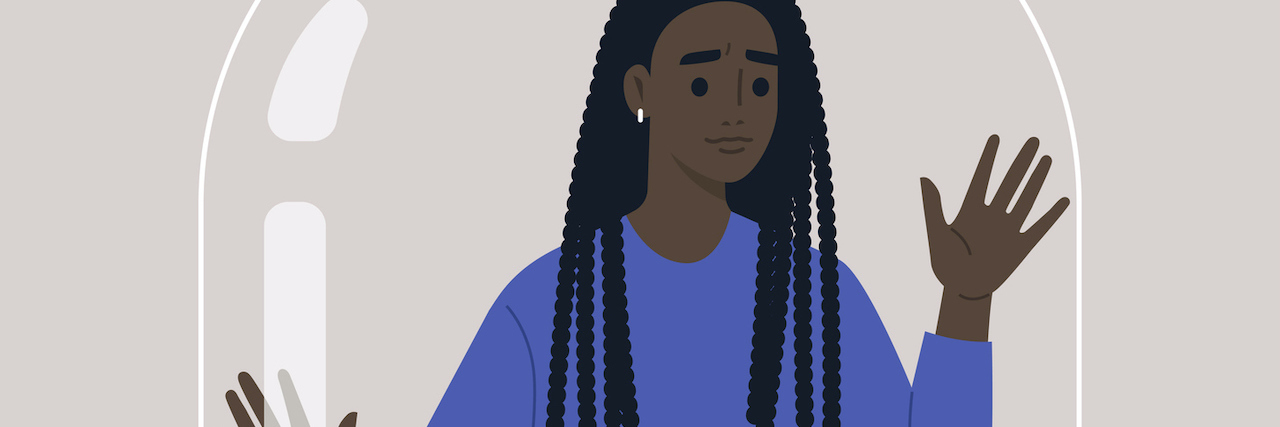
I can certainly relate to this one. I was trauma bonded to my abusive mother; she made sure to cultivate me into a person who needed her so much that I accepted the abuse. Like Maya Lorde, I depended on my abusive mother for so long until I finally realized the truth. This is an important read for anyone with a toxic parent.
8. “Trauma Survivors: It’s OK to Stop Trying to Forgive and Grieve Instead” by R. Jade McAuliffe

There’s a chance that you will be told, at some point, to forgive your parent(s). This article and I are here to tell you that you do not owe anybody your forgiveness no matter who they are, even if they are your parent. There was a time when I could’ve tried to forgive my mother, but she refused to take ownership for what she did. Even then, I’m not sure I could have ever truly forgiven her. If you’re asking yourself whether you should try to “forgive and forget,” this article is for you.
Ultimately, limiting or cutting contact with an abusive parent is your decision alone. I chose to listen to the advice of my therapist because she had a bird’s eye view of the situation that I did not, but it still came down to my decision. I’m so glad I did it, but it wasn’t easy. There are times, even now, that I feel a pang of guilt for having walked away from my elderly mother, but I did so for the good of my mental health. That’s what it comes down to, in the end: We have to take care of ourselves.
If you choose to walk away from your abusive parent, then please know I fully support you. I hope these articles help you come to terms with your decision. If you’re still struggling, then please take all the time you need. You’ve got this.
Getty Images photo via fizkes

